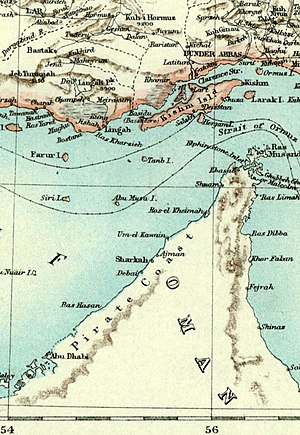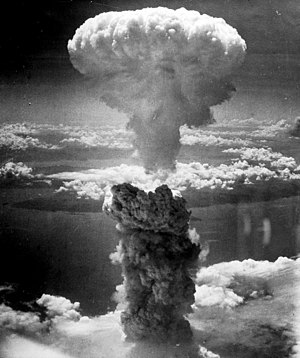The Jerusalem Post reported the following yesterday:
Iran has reneged on allowing a recent deal with the International Atomic Energy Agency (IAEA) for access to its Karaj nuclear facility, the UN nuclear watchdog said on Sunday.
“The (IAEA) Director General (Rafael Grossi) stresses that Iran’s decision not to allow agency access to the TESA Karaj centrifuge component manufacturing workshop is contrary to the agreed terms of the joint statement issued on 12 September,” the International Atomic Energy Agency said in a statement.
“Iran from 20–22 September permitted IAEA inspectors to service identified agency monitoring and surveillance equipment and to replace storage media at all necessary locations in Iran with the exception of the centrifuge component manufacturing workshop at the TESA Karaj complex,” the IAEA statement said further.
In mid-September, IAEA Director-General Rafael Grossi announced he had reached a deal with the new Iranian government, which was elected in mid-June, that could break the logjam which had led Tehran to block the agency’s inspections since May.
A major revelation that came out of the announcement of the deal was that various IAEA monitoring cameras had been destroyed, damaged or shut off.
However, Grossi said he had received guarantees from Iran that it would almost immediately grant access to fix and otherwise restore the cameras’ monitoring.
The article concludes:
A Wall Street Journal report from Sunday also predicted that Iran will claim safety issues and the need to continue to collect forensic evidence as a basis for delaying access.
But, as the report points out, Iran is public as having restarted operating Karaj after the June attack that Iran has attributed, and The Jerusalem Post has validated, to the Mossad.
If Tehran was operating Karaj even after the attack, its latest defenses for impeding IAEA access could be exposed as contrived.
Broadly speaking, the US has said it would lift sanctions if the Islamic Republic ends its nuclear violations.
So let’s get this straight. The IAEA was not allowed to inspect or repair the monitoring system at the TESA Karaj centrifuge component manufacturing workshop. I know it is just an incredible coincidence that this is the site that Iran had restarted operating after June and now the IAEA is not allowed to fix the monitoring equipment. I think I trust Iran about as much as I trust a hungry alligator staring at my small pet.









